The modern business landscape is increasingly competitive, demanding businesses to optimize every aspect of their operations. One of the most crucial areas for improvement is revenue management software, a powerful tool that can dramatically increase profitability and efficiency. In today’s dynamic market, understanding and effectively managing revenue streams is no longer a luxury – it’s a necessity for survival and sustained growth. This article will delve into the world of revenue management software, exploring its benefits, key features, and how it can transform your business. We’ll examine how these solutions can help you forecast, optimize, and ultimately, maximize your revenue.

Understanding the Challenge: Traditional Revenue Management

For years, many businesses operated with a reactive approach to revenue management. They relied on intuition, historical data, and often, guesswork to determine pricing and sales strategies. This often resulted in missed opportunities, inefficient resource allocation, and ultimately, lower revenue. The complexity of the market, fluctuating demand, and evolving customer behavior presented significant challenges. Traditional methods struggled to keep pace with the rapid changes happening across industries. The need for a more proactive and data-driven approach became increasingly apparent.
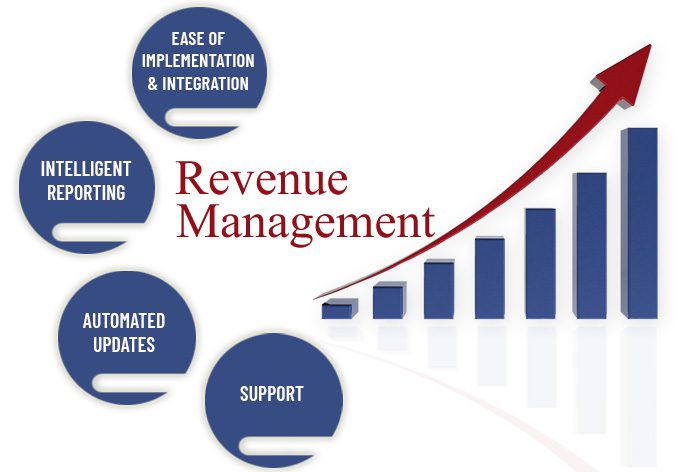
What is Revenue Management Software?
Revenue management software (RMS) is a suite of technologies and tools designed to help businesses forecast demand, optimize pricing, and manage inventory – all with the goal of maximizing revenue. It goes beyond simple pricing strategies and incorporates sophisticated analytics, predictive modeling, and automated adjustments. Unlike traditional pricing systems, RMS doesn’t just set a price; it dynamically adjusts prices based on real-time market conditions, competitor activity, and customer behavior. It’s a strategic platform that empowers businesses to make informed decisions and respond effectively to changing market dynamics.
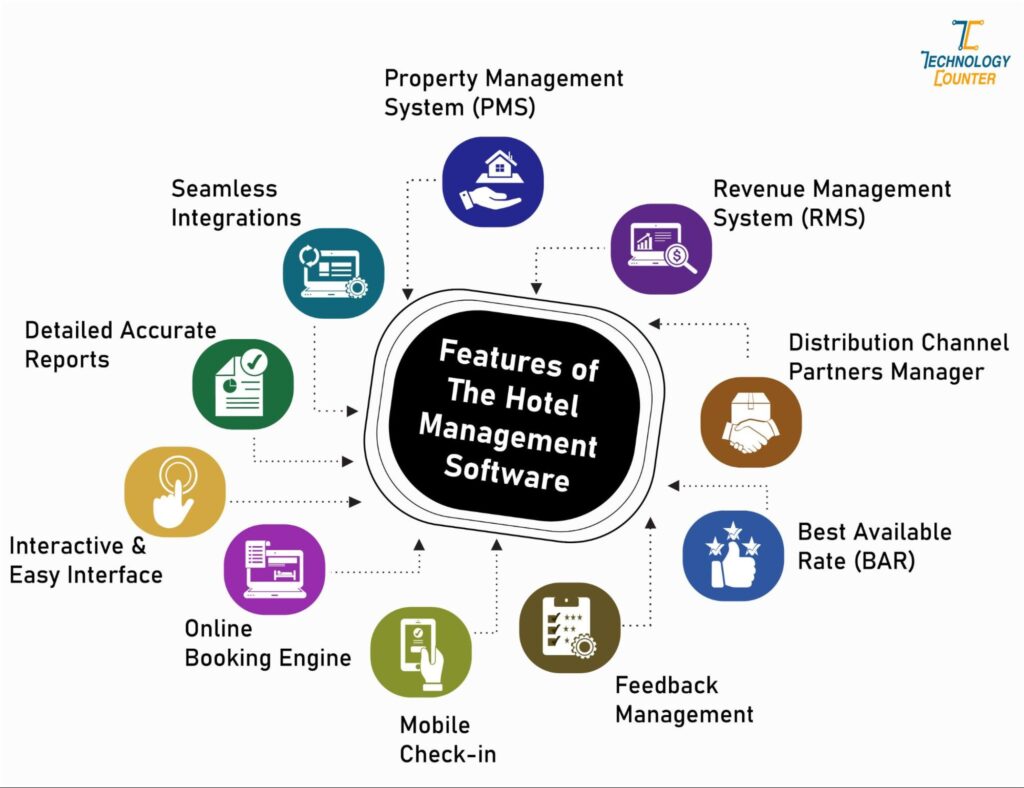
Key Features of Revenue Management Software
A robust RMS solution typically offers a comprehensive set of features, including:
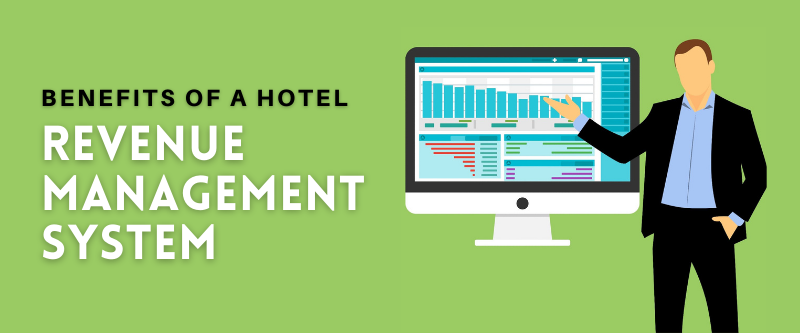
- Demand Forecasting: This is arguably the most critical function. RMS utilizes historical data, market trends, and external factors (like weather, events, and social media sentiment) to predict future demand with greater accuracy.
- Pricing Optimization: The software allows you to set optimal prices for different products or services, considering factors like competitor pricing, perceived value, and customer willingness to pay.
- Inventory Management: Many RMS solutions integrate with inventory systems, providing real-time visibility into stock levels and enabling automated reordering to avoid stockouts or overstocking.
- Sales Forecasting: Predicting future sales is vital for planning and resource allocation. RMS tools provide detailed sales forecasts, allowing businesses to anticipate demand and adjust operations accordingly.
- Customer Segmentation: Understanding your customer base is key to effective pricing and marketing. RMS allows you to segment customers based on demographics, purchase history, and behavior, enabling targeted offers and personalized experiences.
- Channel Management: Managing sales across multiple channels (e.g., online, retail, wholesale) is increasingly complex. RMS streamlines this process, providing a unified view of sales performance across all channels.
- Reporting and Analytics: Comprehensive reporting dashboards provide insights into key revenue metrics, allowing businesses to track performance, identify trends, and make data-driven decisions.
Benefits of Implementing Revenue Management Software
Investing in revenue management software yields significant benefits across various aspects of your business:
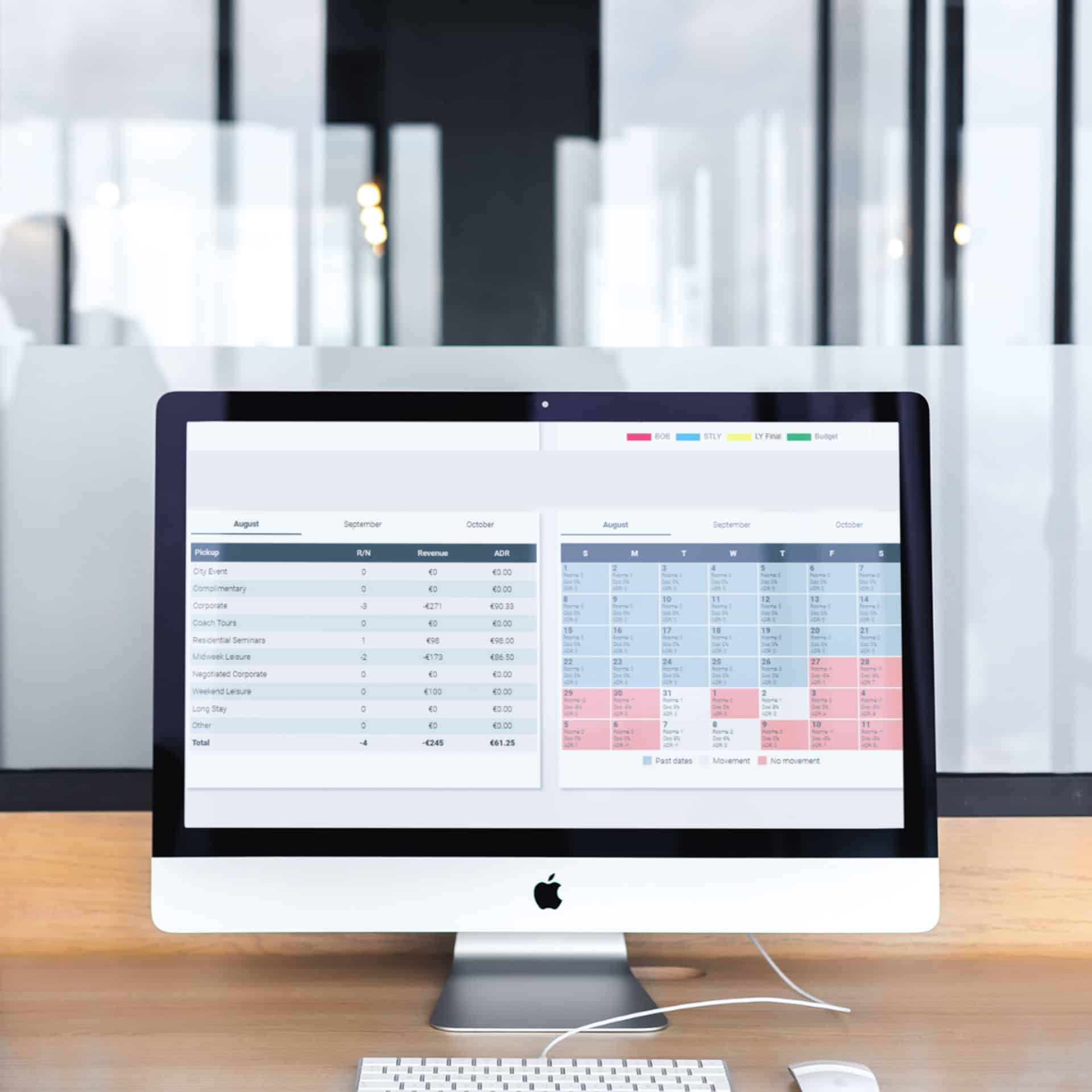
- Increased Revenue: By optimizing pricing and demand, RMS directly contributes to higher revenue generation.
- Improved Profitability: Reduced costs associated with lost sales, overstocking, and inefficient resource allocation lead to increased profitability.
- Enhanced Customer Satisfaction: Dynamic pricing and personalized offers can improve customer satisfaction and loyalty.
- Reduced Operational Costs: Automation and streamlined processes reduce manual effort and associated costs.
- Better Inventory Control: Real-time inventory visibility minimizes stockouts and overstocking.
- Data-Driven Decision Making: Robust analytics provide valuable insights for strategic planning and operational improvements.
- Competitive Advantage: Effective revenue management allows you to respond quickly to market changes and outperform competitors.
Choosing the Right Revenue Management Software
Selecting the right revenue management software is crucial for success. Several factors should be considered:

- Business Size and Complexity: Smaller businesses may benefit from simpler, more affordable solutions, while larger enterprises require more robust and customizable platforms.
- Industry-Specific Needs: Some RMS solutions are tailored to specific industries (e.g., hospitality, retail, travel).
- Integration Capabilities: Ensure the software integrates seamlessly with your existing systems (e.g., POS, CRM, e-commerce platforms).
- Scalability: Choose a solution that can grow with your business.
- Cost: Consider both upfront costs and ongoing subscription fees.
- User-Friendliness: The software should be easy to use and intuitive for your team.
Case Studies: Success Stories with Revenue Management Software
Numerous businesses have successfully implemented revenue management software and experienced significant improvements. For example, a clothing retailer used RMS to optimize pricing based on demand and competitor activity, resulting in a 15% increase in sales. A hotel chain leveraged RMS to dynamically adjust room rates based on occupancy levels, reducing revenue leakage and maximizing occupancy. Another company used the software to improve inventory management, minimizing stockouts and maximizing profitability. These examples demonstrate the tangible benefits of investing in RMS.
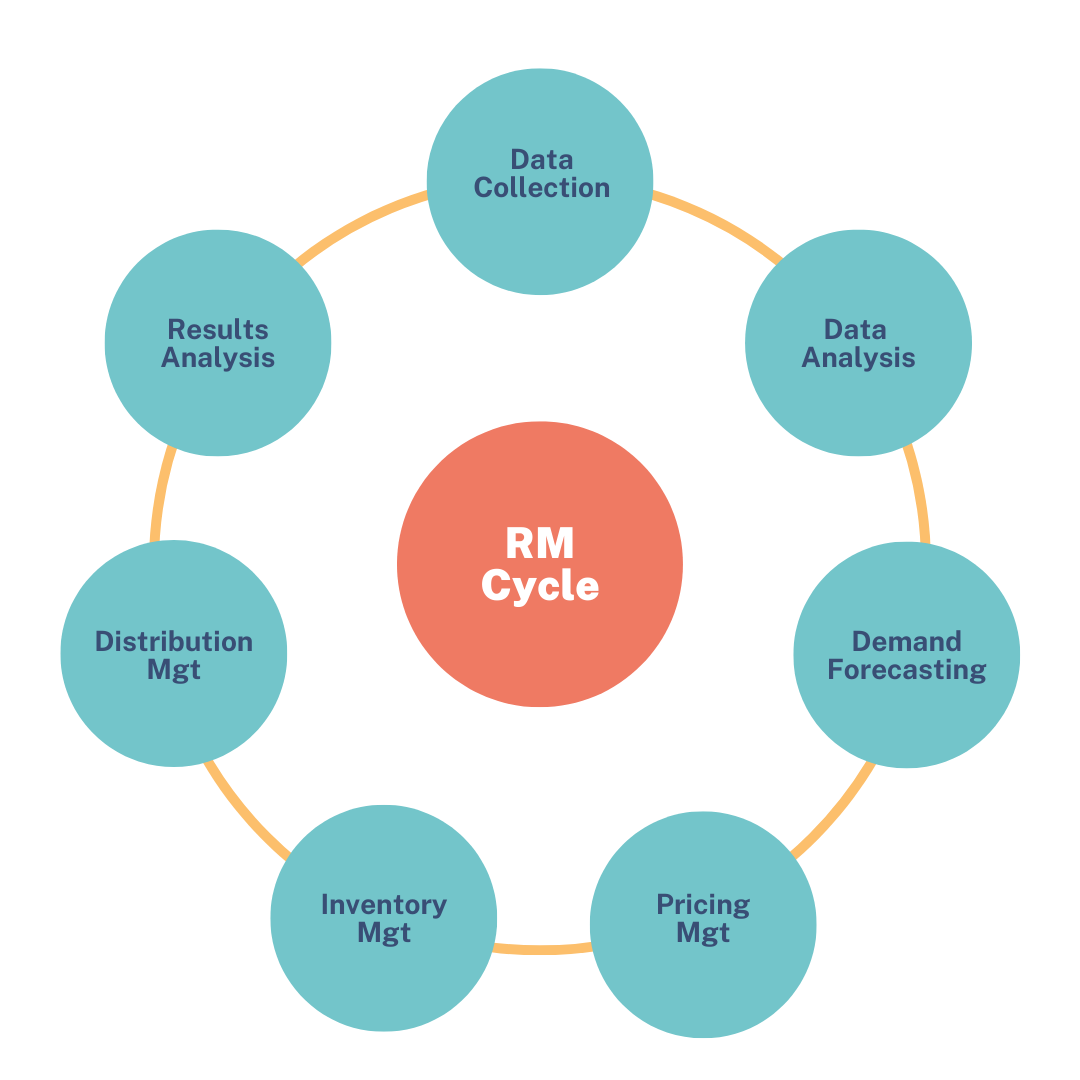
The Future of Revenue Management
The field of revenue management software is constantly evolving. Artificial intelligence (AI) and machine learning (ML) are playing an increasingly important role, enabling more sophisticated demand forecasting, personalized pricing, and automated optimization. Blockchain technology is also being explored for enhanced transparency and security in supply chain management. Looking ahead, we can expect to see even more advanced features and capabilities emerge, further transforming the way businesses manage their revenue streams. The trend is towards predictive analytics, personalized customer experiences, and a greater focus on operational efficiency.
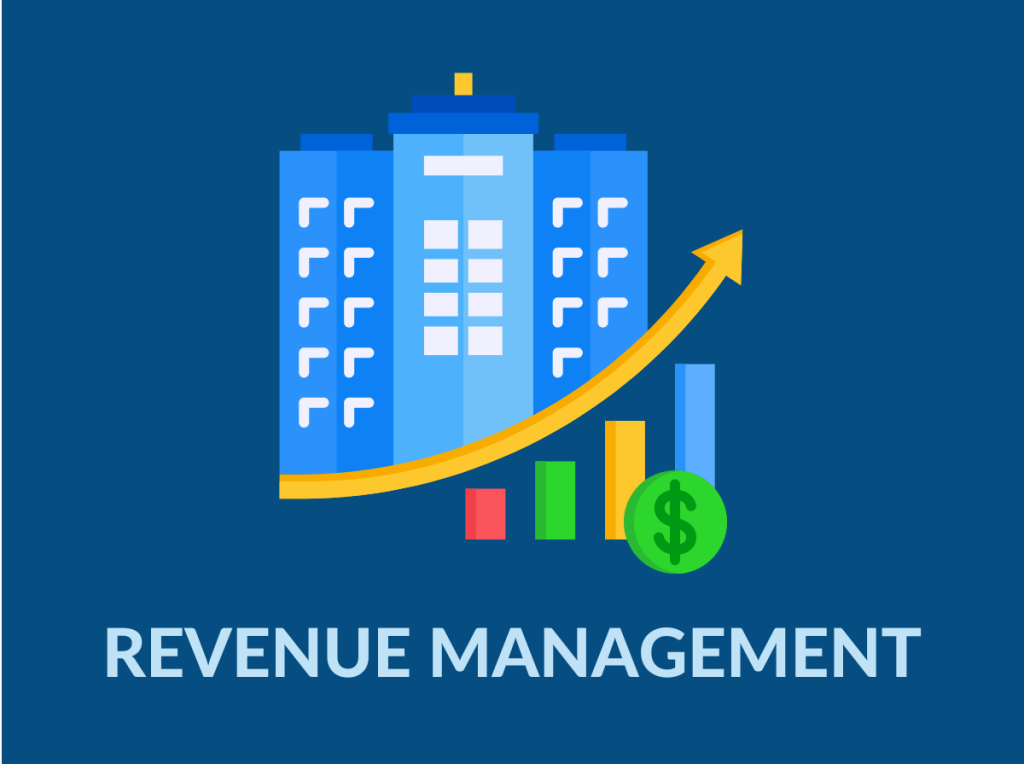
Conclusion
Revenue management software is no longer a “nice-to-have” – it’s a critical investment for businesses seeking to thrive in today’s competitive market. By leveraging the power of data, analytics, and automation, RMS empowers businesses to optimize pricing, manage inventory, and ultimately, maximize revenue. The benefits are clear: increased profitability, improved customer satisfaction, and a significant competitive advantage. If you’re serious about optimizing your revenue streams, exploring revenue management software is a worthwhile endeavor. Don’t let missed opportunities slip through the cracks – embrace the power of data-driven revenue management.
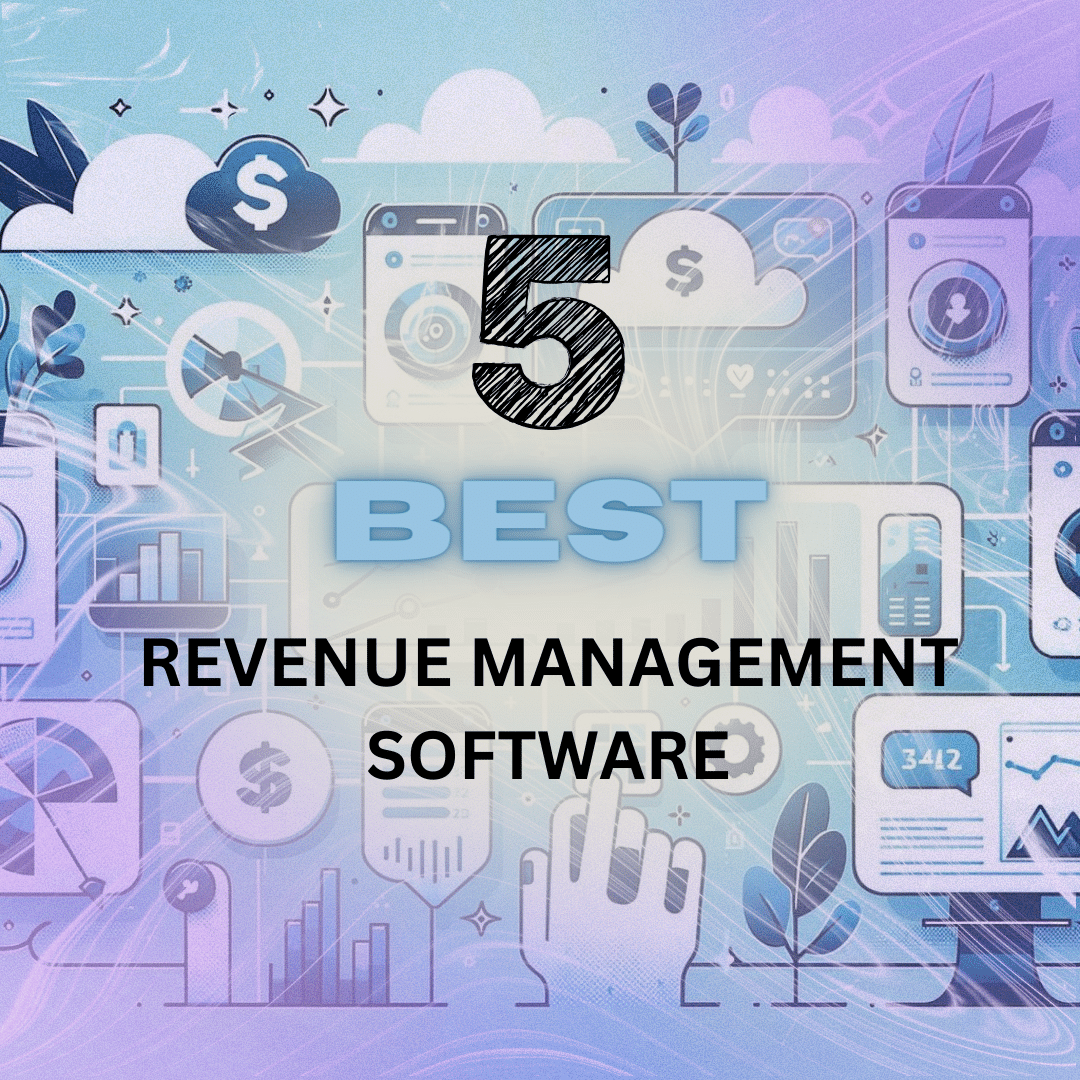
Resources for Further Learning
- [Link to a reputable industry report on revenue management software]
- [Link to a case study on a successful revenue management implementation]
- [Link to a vendor's website for revenue management software]